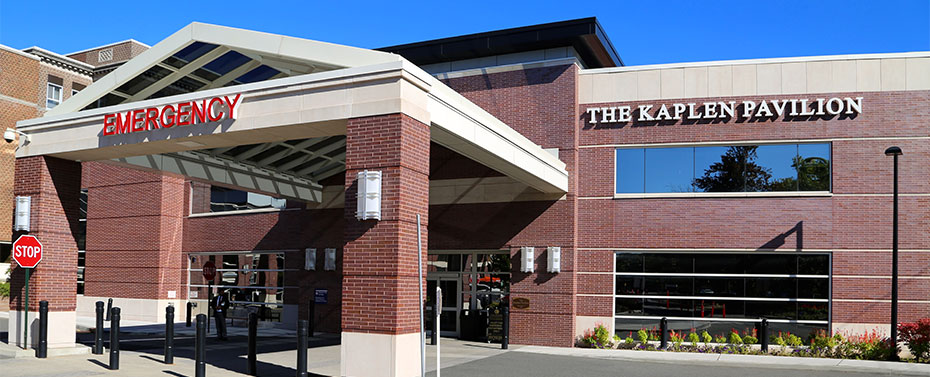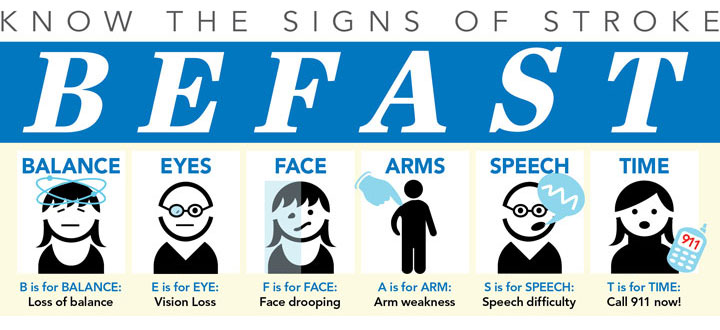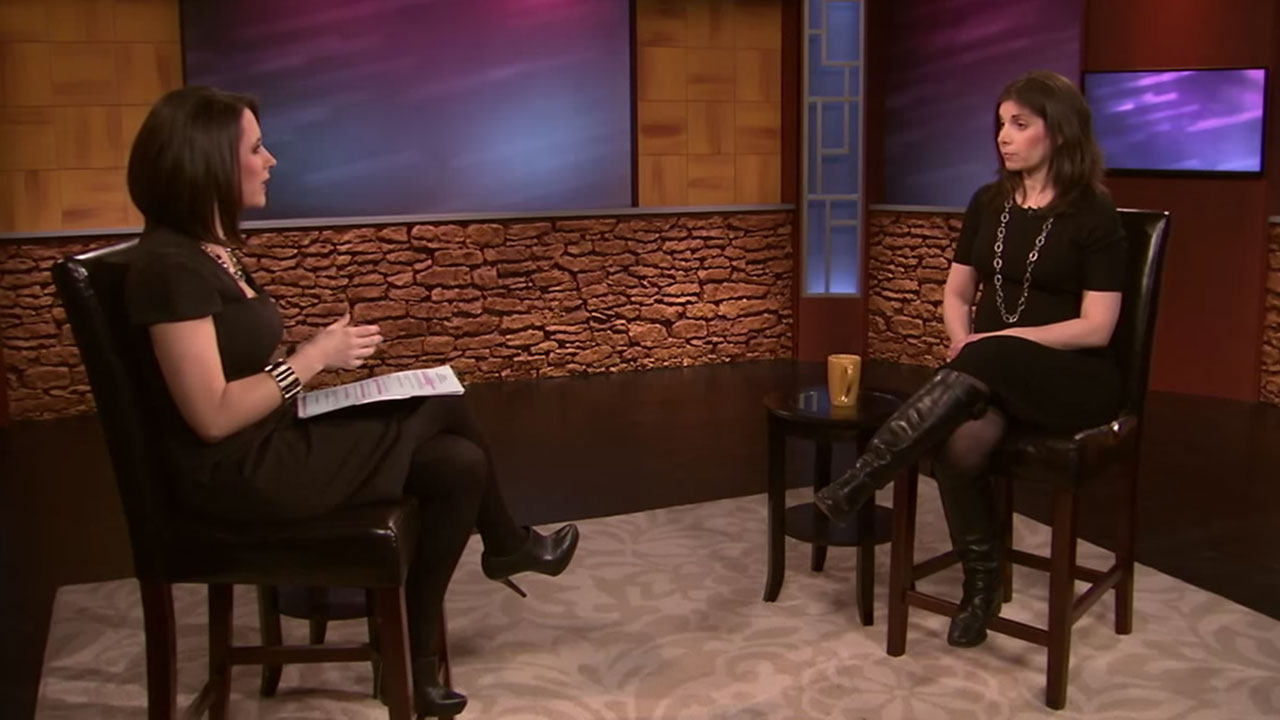Stroke Care

If you are experiencing a medical emergency, call 911.
Please do not come to the Emergency Department for a COVID test if you do not have any symptoms or do not need emergency care.
If you are inquiring about monoclonal antibody treatment, please contact your primary care physician. We are not currently administering monoclonal antibody in the Emergency Department.
Our Emergency Department remains available for people needing emergency care.
As a Joint Commission-designated Primary Stroke Center, Englewood Hospital’s stroke program has been recognized for significantly improving outcomes for stroke patients. Our success relies on a thoroughly coordinated response to this time-sensitive emergency.
Dialing 911 is the single most important thing you can do if you are a loved one is having a suspected stroke. This will trigger a chain reaction among our experts, from the ambulance team to the interventional team.

Our stroke team is made up of highly trained paramedics and emergency medical technicians (EMTs) within our Mobile Intensive Care Unit (ambulance), doctors, nurses, and technicians. When our ambulance team reaches you, our emergency department is contacted. This, in turn, sets off an alert to our stroke team.
When you arrive, our team does an immediate assessment and CT scan. The brain scan is reviewed by a radiologist and neurologist, who will then decide the appropriate treatment.
After you are treated and stabilized, you will be admitted to our stroke unit, where rehabilitation will begin shortly thereafter. Physical, speech, and occupational therapists will work together to help you through the recovery process and in planning the transition home or to a rehab facility.
In the News: Surviving a Stroke
What’s the first thing a person should do if a stroke is suspected? Dr. Hillary Cohen, emergency medicine physician at Englewood Hospital, advises you call 911 immediately and get to a stroke center as soon as possible. She discusses with NJ Caucus’ Joanna Gagis common signs and symptoms of stroke, in which the brain isn’t getting enough blood, as well as new ways to treat this time-sensitive condition.

Stroke Education
Experts from Englewood Health are available to visit community organizations, places of worship, and businesses to share stroke education. Contact us to learn more about requesting a guest speaker.
